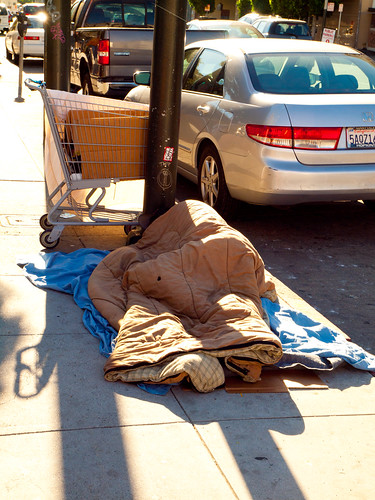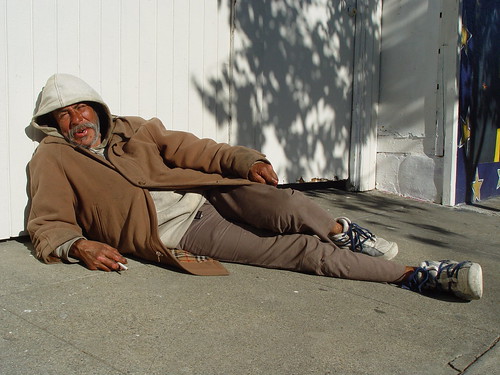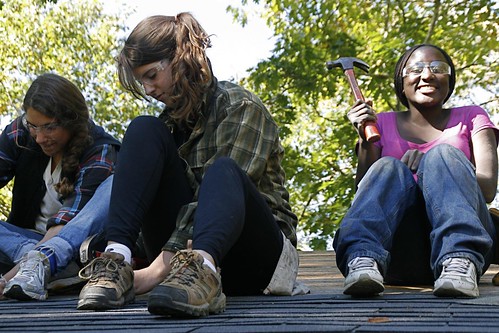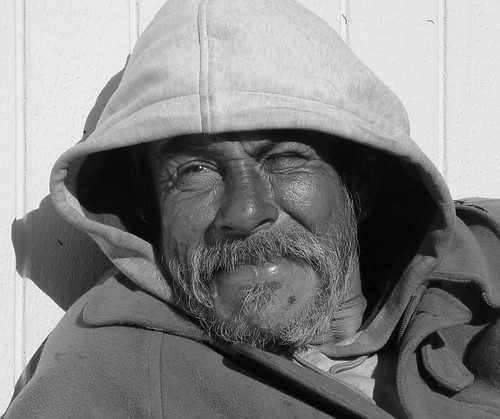
While it would not be right to discount the millions of
dollars that are donated to charitable institutions each year or the generous
motives that encourage people to give money to others, volunteering takes
giving to a whole new level. Volunteering
takes on many forms and is an activity that can be performed by anyone.
Volunteering is definitely a verb with a purpose.
History of
Volunteerism in America
Volunteerism in America began with the arrival of the first
settlers. Immigrant’s survival was dependent on unification and helping one
another. Not all of the immigrants had
the same skills and everyone had to use what they were good at for the good of
the settlement. Benjamin Franklin created the first volunteer firehouse in 1736
in order to help protect small towns. The
volunteer firehouse remains a tradition today in small cities and rural areas.
The Revolutionary War brought volunteers together to generate money for war
efforts, and boycotts were organized to speak against Great Britain. Churches in the 19th century lead efforts to
help the poor and homeless. Well- known organizations such as the YMCA and the
Red Cross were started in the 1800’s in response to a growing need for volunteer
services. Mainstream civic clubs began to form in the 20th century, and the
idea of the soup kitchen was most likely born during The Great Depression.
Volunteerism spoke out against poverty, violence, and inequality during the turbulent
60’s. Volunteer efforts today have expanded to include everything from animal
rights organizations to food pantry’s and environmental groups. If you have an
interest or a passion, there is a volunteer group to suit. Opportunities to
help others are limitless.
Benefits of Volunteering
Volunteers often find that they experience a whole host of
benefits from serving including:
- Learning new skills
- Building a resume
- Making contacts
- Meeting new people
- Feeling valued
- Feeling needed
- Improved self-confidence and self-esteem
- Experiencing different cultures
What it takes to be a
Good Volunteer
Being an effective volunteer begins with a passion. You must
be passionate about something in order to help others. This passion will drive
your success as a volunteer. You must be humble, willing to take direction and
reliable. Volunteers must be dependable,
show up to work when they stay they will and stick to their commitment. Even
though, some parts of your volunteer job may not be so glamorous, it is important
that you demonstrate a “willingness to do what it takes” to get the job done.
Good volunteers must be team players who are able to set aside their own
interests for the good of the team and the mission of the organization they are
serving.
Myths about
Volunteering
While there are many opportunities for people to get
involved in volunteering some are reticent to do so because of a number of
myths or feelings of inadequacy. Although it is true that there are many volunteer
positions that require formal training or a particular set of skills, many more
opportunities require nothing other than a commitment and a desire to make a
difference. Finding the right volunteer
opportunity is not difficult and there are many organizations willing to help
you find just the right place to serve.
About the Author: Susan Patterson is a freelance writer and
a homeschooling mother who writes for a number of health and family sites. She
recently completed an article on the importance of 211 software.





